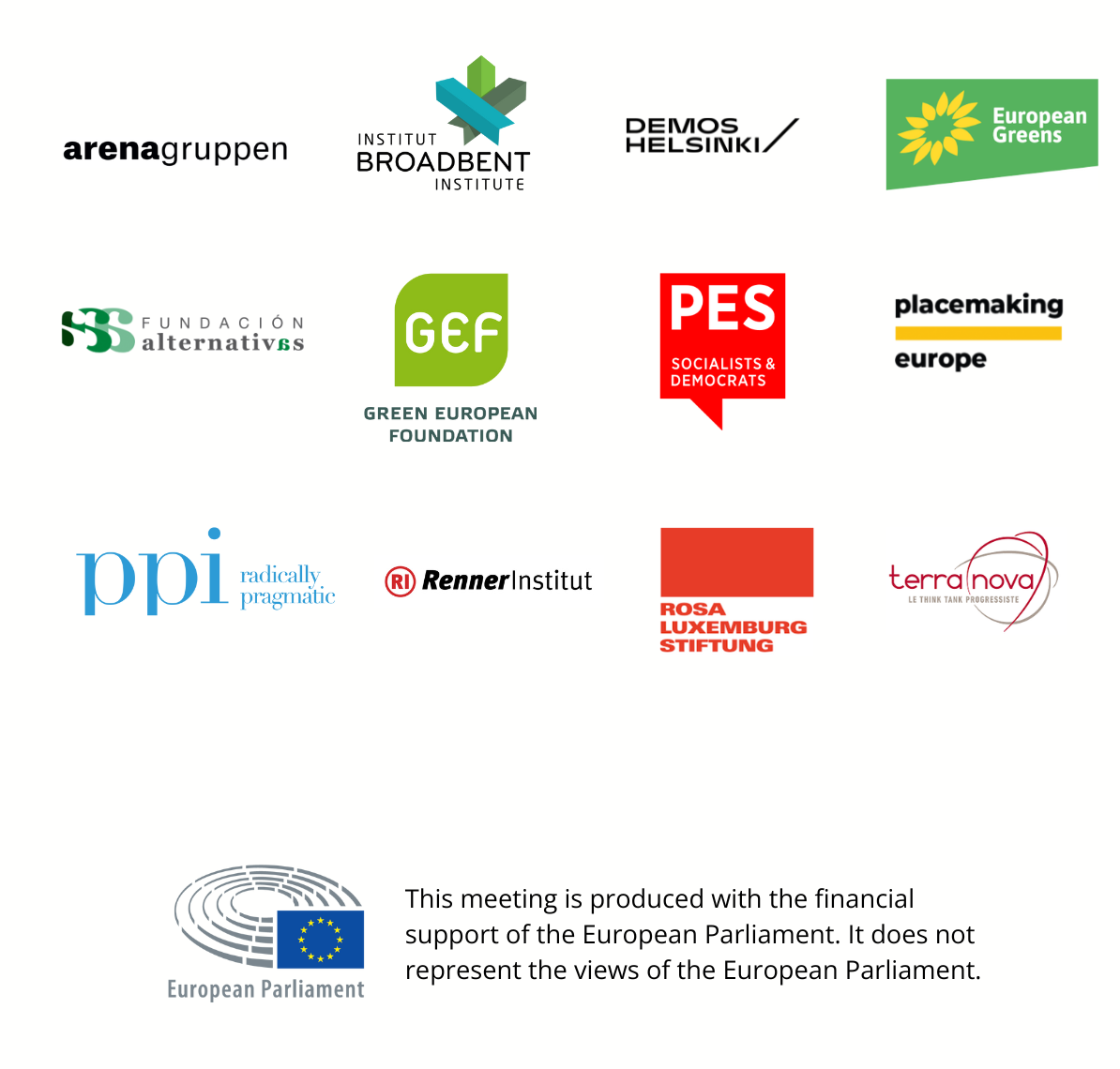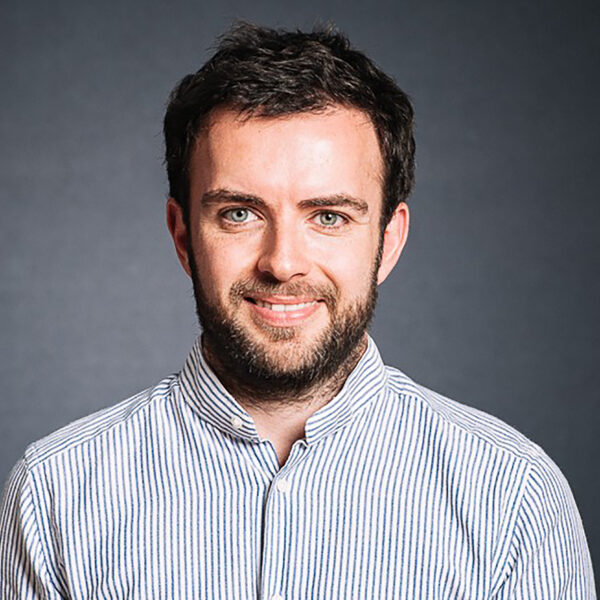In December 2023, the Progressive Governance Consortium organised a seminar in Stockholm together with the Foundation for European Progressive Studies (Brussels) and the Friedrich-Ebert-Stiftung. The seminar brought together about 40 progressive policymakers, strategists, policy advisors and thought leaders from Europe, the UK and the U.S. to develop centre-left solutions for balancing short- and long-term policy priorities in light of the polycrisis. A particular focus lied on the pressure from the far-right as a common challenge that progressives are facing across Europe and North America, especially in the run-up to a crucial election year in 2024.
In recent years, pressure from the far-right has either come as an outright attack on democracy, and as an attempt to undermine individual rights and social freedoms, or as a growing backlash against net-zero policies and green economic transition agendas. In response, progressives must not be seen as compromising on their aims of creating a just, democratic and sustainable society and defeating nationalism, but should focus on finding forward-looking political answers and a narrative to spread hope and a positive vision of the future.
Focus points of the Progressive Governance Seminar 2023
In times of polycrisis characterised by military conflicts in Ukraine and the Middle East, the escalating climate crisis, inflation and the cost of living crisis as well as the rise of anti-democratic and far-right developments, progressives are facing a variety of challenges. During our two-day seminar, a particular focus was given to the following key issues that are especially relevant in the election year ahead:
- Countering the far-right and defeating nationalism in Europe and North America
- Local solutions to a global problem: Pathways to breaking the deadlock in the EU’s approach to asylum and migration
- Industrial policy as a response to the rise of authoritarianism: The Inflation Reduction Act and EU Green Deal Industrial Plan – What progressive industrial policy is needed in times of crisis?
- Creating a just, democratic and sustainable society
- Democratic decision-making and the rule of law: Reforming the EU in the next legislative term in light of the next round of enlargement
- Bridging the urban-rural gap: Addressing social grievances and shaping democratic institutions and policy for a prosperous and green future, engaging the industrial heartland and supporting growing suburbs
- Escaping the backlash trap on climate and economic reform: Focussing on economic governance, cohesion and democratic legitimacy
Read more about the seminar and progressive plans for action
In his paper titled Progressive Governance in Hard Times – How to Build Momentum for Electoral Success in 2024 our Circle of Friends member Patrick Diamond summarises and contextualises the main points discussed during the two days of the seminar.
In addition, our Policy Fellow Dr. Maria Skóra describes in her blog post “Reforming the EU is a Historical Necessity for its Ability to (Re)Act and Enlarge” which challenges the new European Parliament and the Commission will face in the upcoming term and which institutional reforms the EU should undertake to overcome these hurdles.
Ramon Marrades, Director at Placemaking Europe, a network that actively advocates for better public space policies, highlights the importance of coherent social, industrial, energy and infrastructure policies in order to bridge the urban-rural gap in his blog post “A Progressive Answer to the Territorial Divide”.
In his blog post “On the Political Lessons of Bidenomics (and What Works with Voters and What Not)”, Mike Williams, Senior Fellow at the Center for American Progress Action, points out that many voters in the U.S. are unaware of the Biden administration’s new industrial policy that includes major pieces of legislation such as the Inflation Reduction Act (IRA) or the CHIPS and Science Act (CHIPS) and of the many benefits it brings about including job creation, investment in key infrastructure and a plan to address climate change.
Last but not least, Christabel Cooper, Director of Research at Labour Together, a political think tank aligned with the Labour Party in the UK, explains in her blog post “Labour’s Pathway to Power: Security, Security, Security” the new approach Labour should take, which addresses the feeling of uncertainty in times of polycrises, most notably the UK’s cost-of-living crisis, and encompasses predictability, resilience, reliability and control. Through the narrative of positive security center-right and far-right can be effectively countered.
About Progressive Governance
Progressive Governance is a series of regular conferences and publications that brings together progressive changemakers from around Europe and North America to discuss and debate how to make our societies more green and just, how to develop best-practice strategies and how to build the capacities to govern from the local to the international level.
The next Progressive Governance Summit will take place in June 2024 in Berlin.
Photos
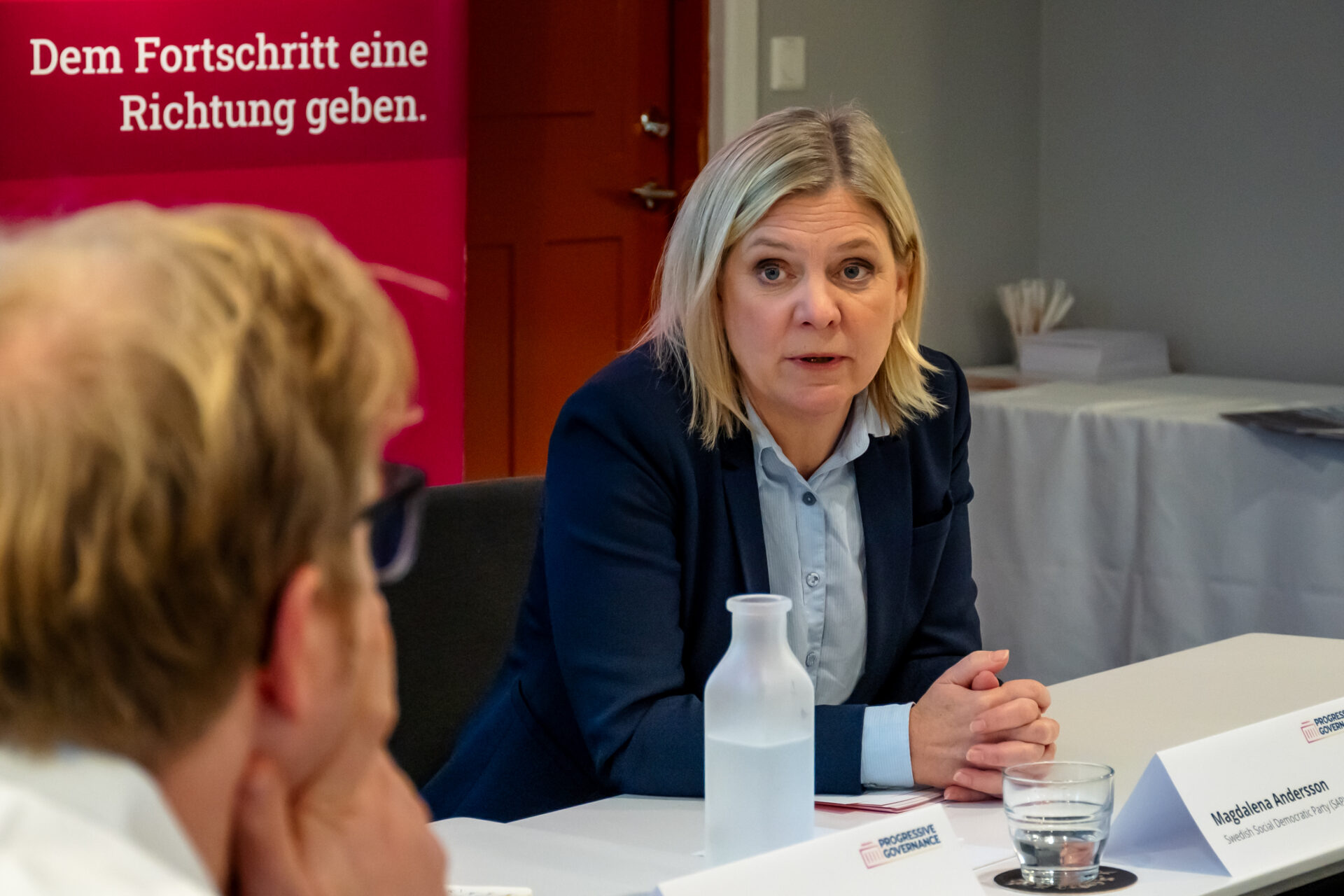
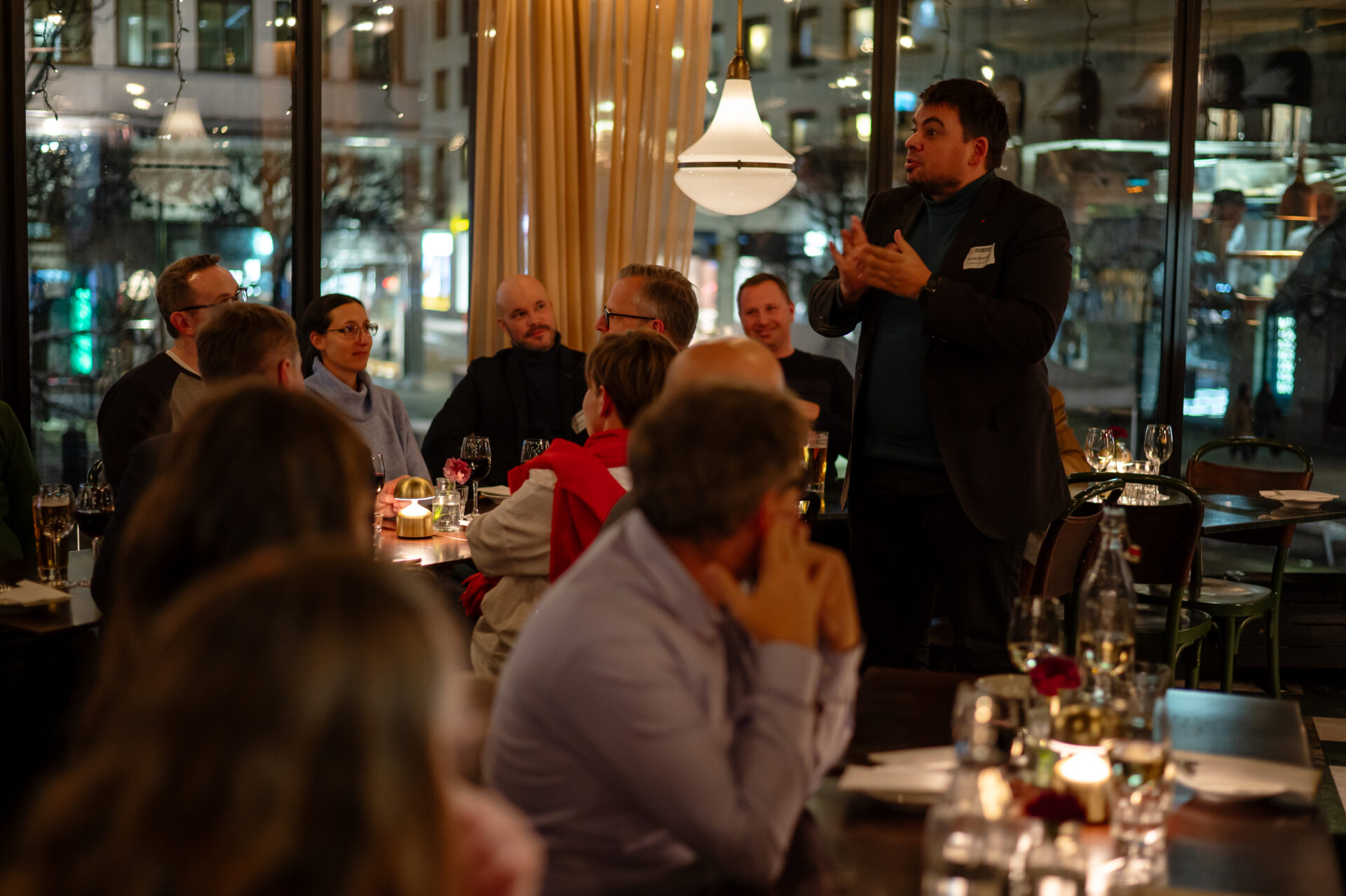
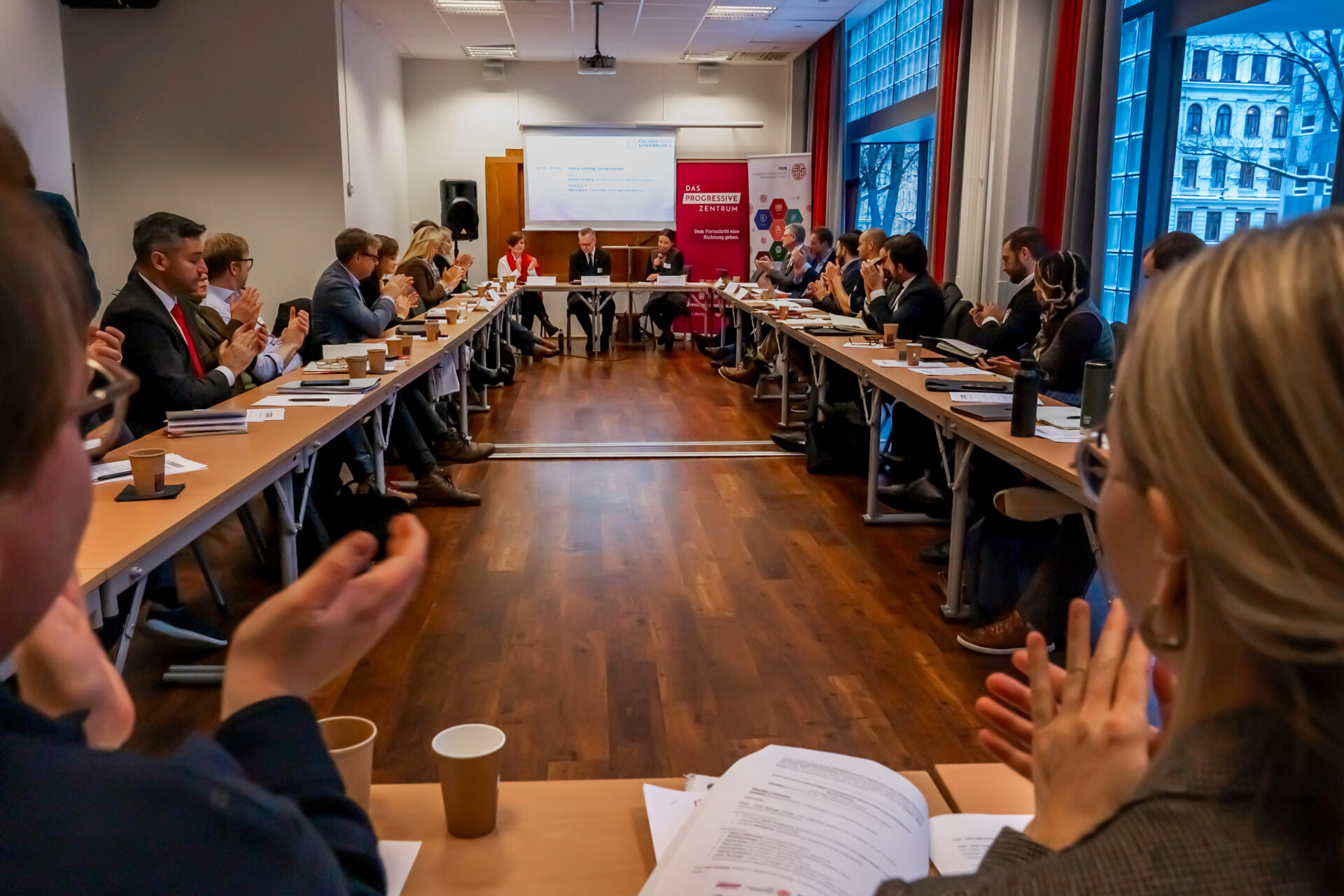
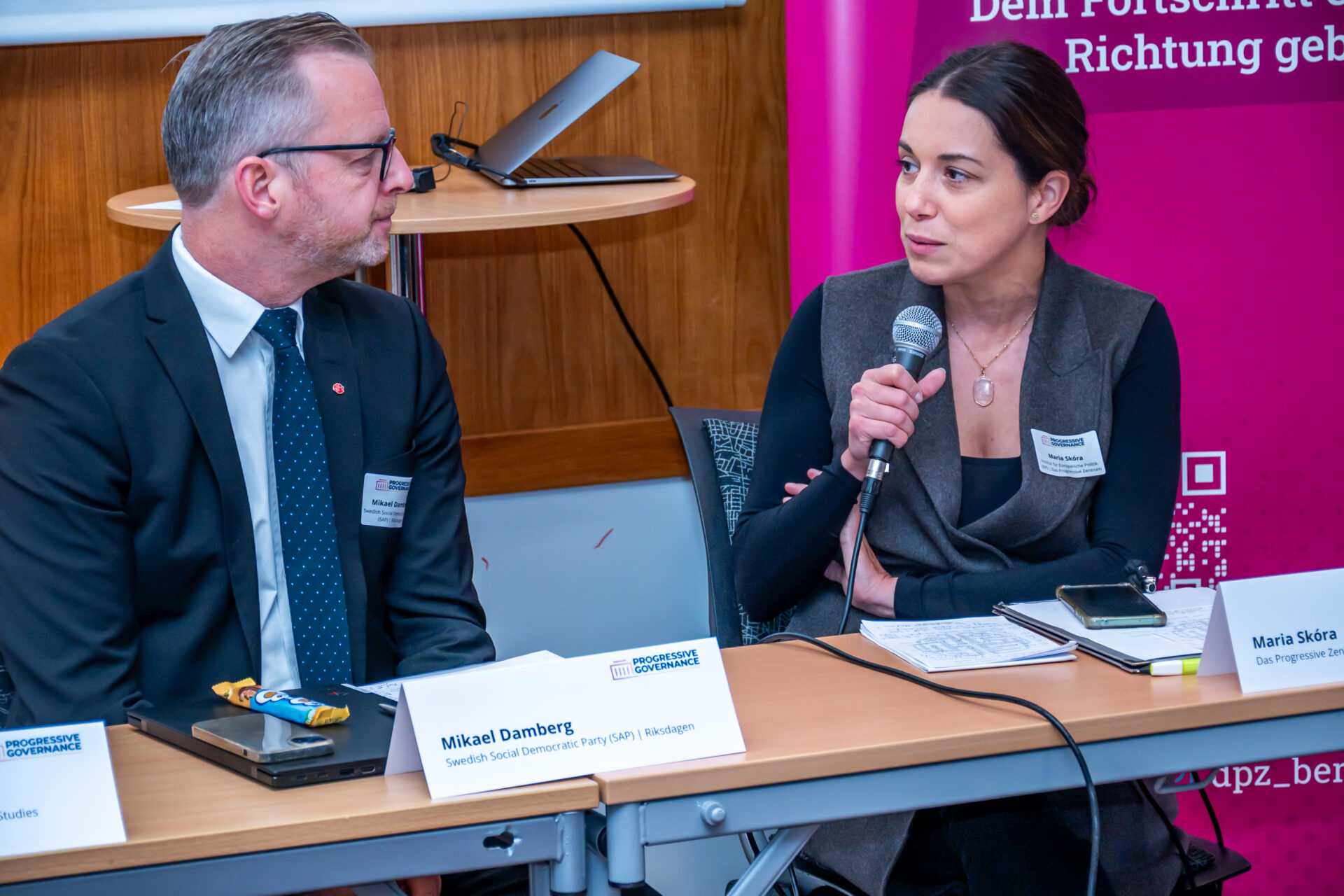
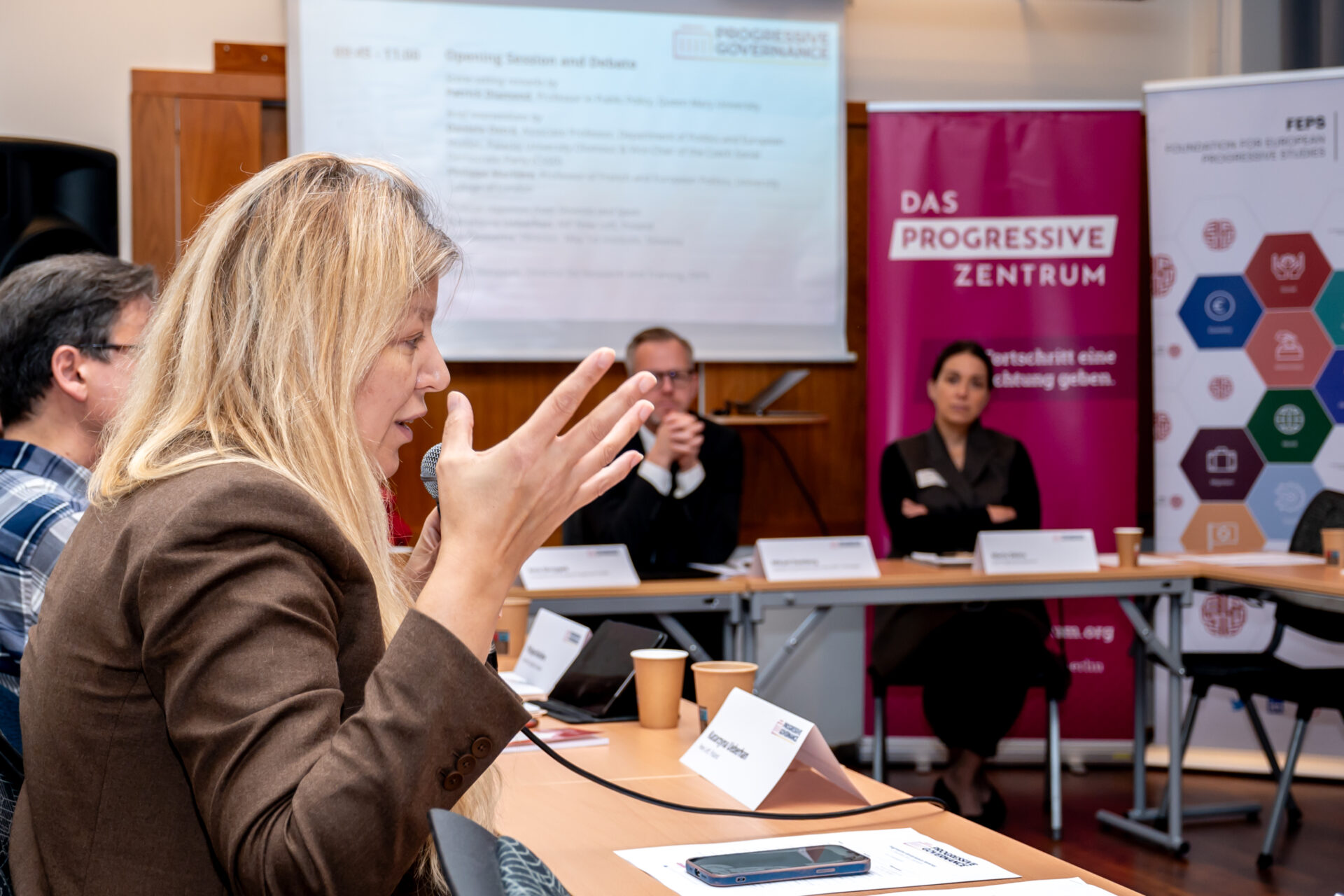
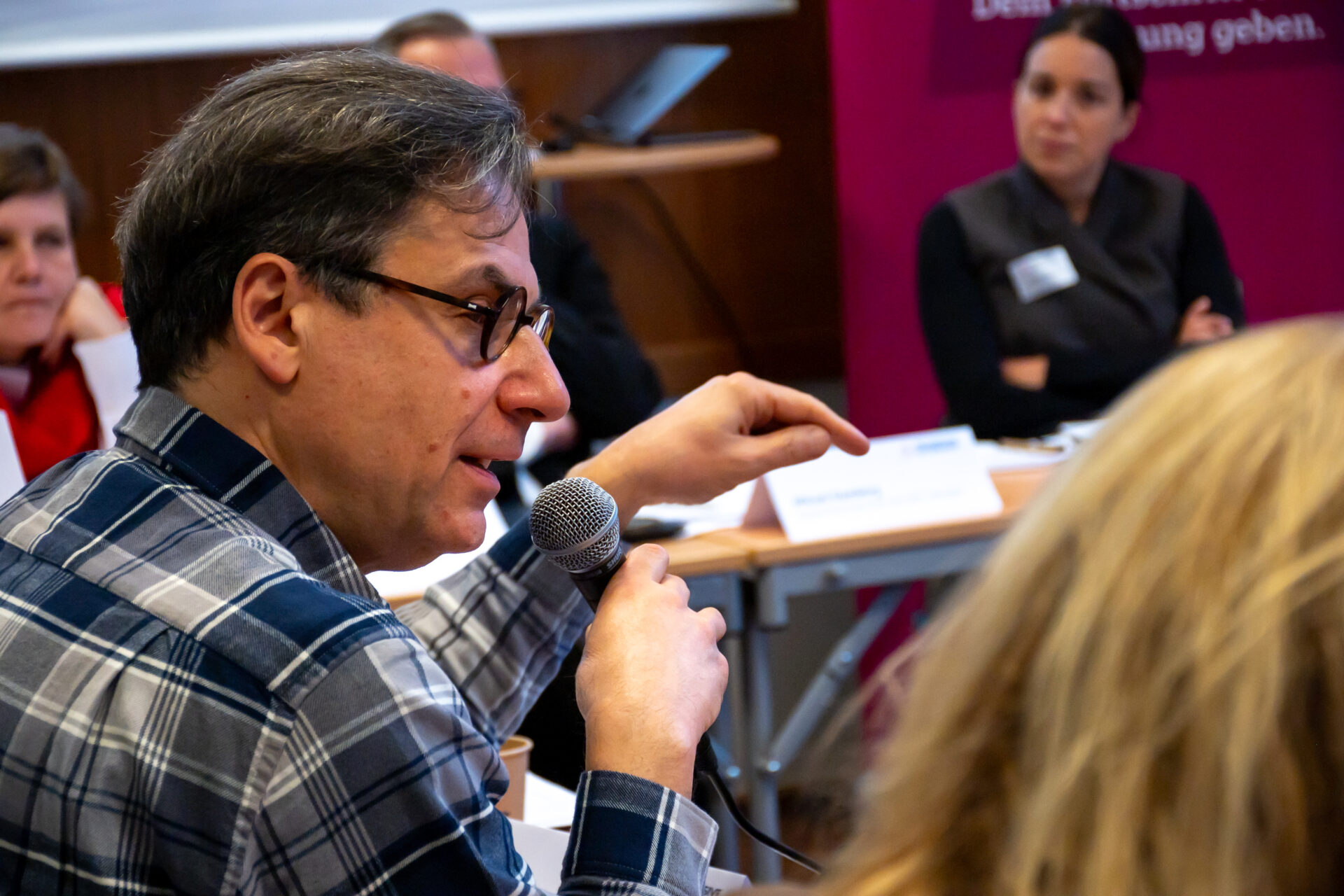
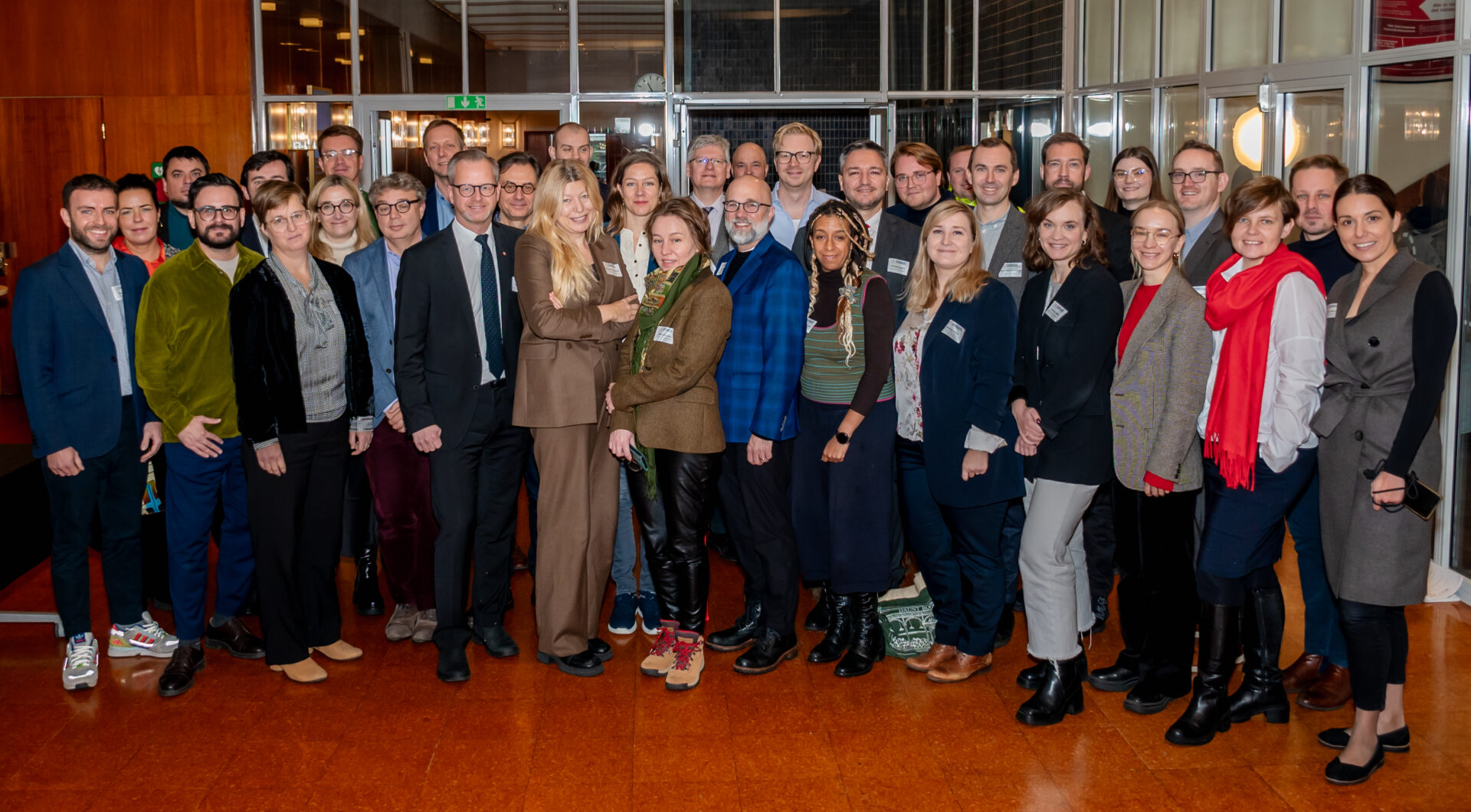
Past conferences and summits
Co-Hosts

Supported by

Partners
